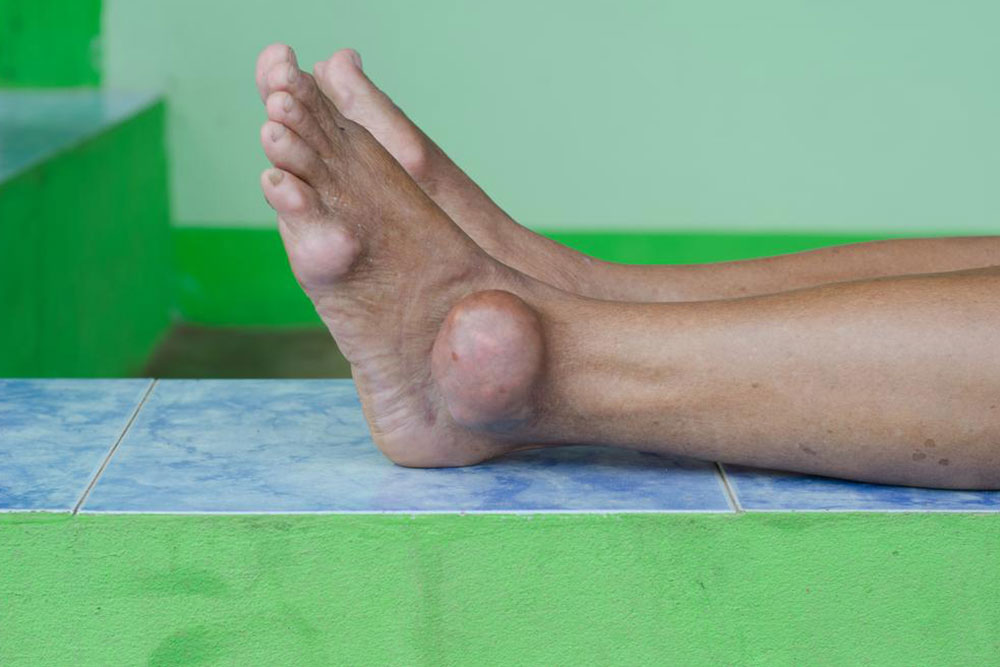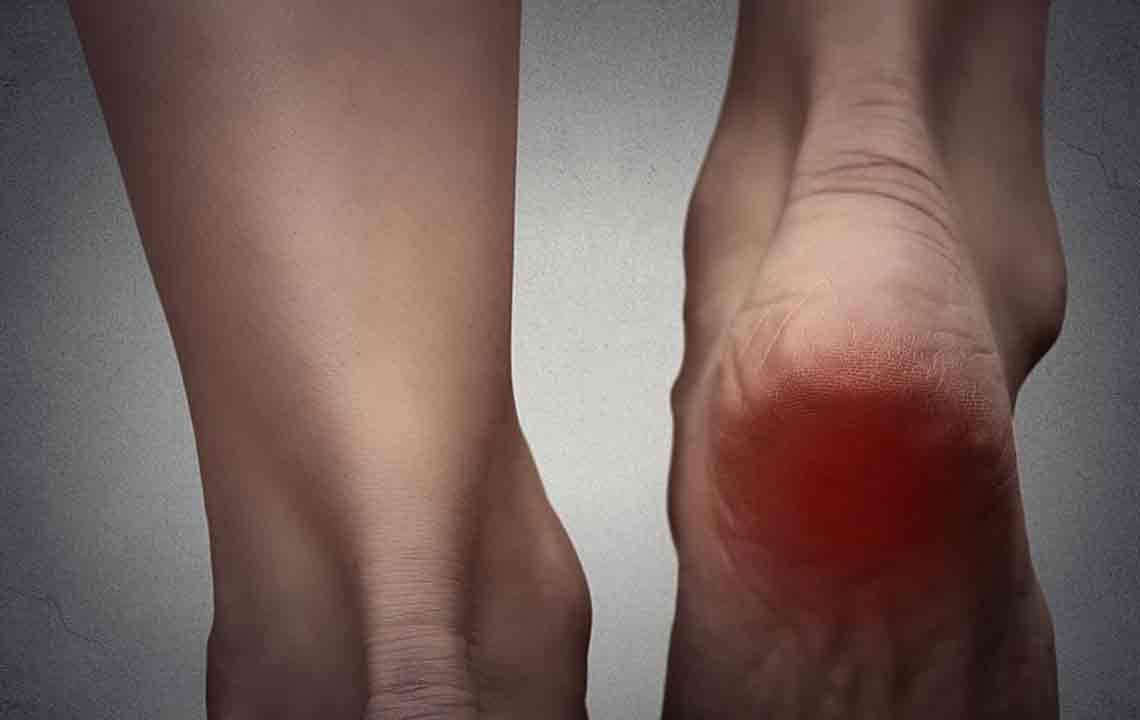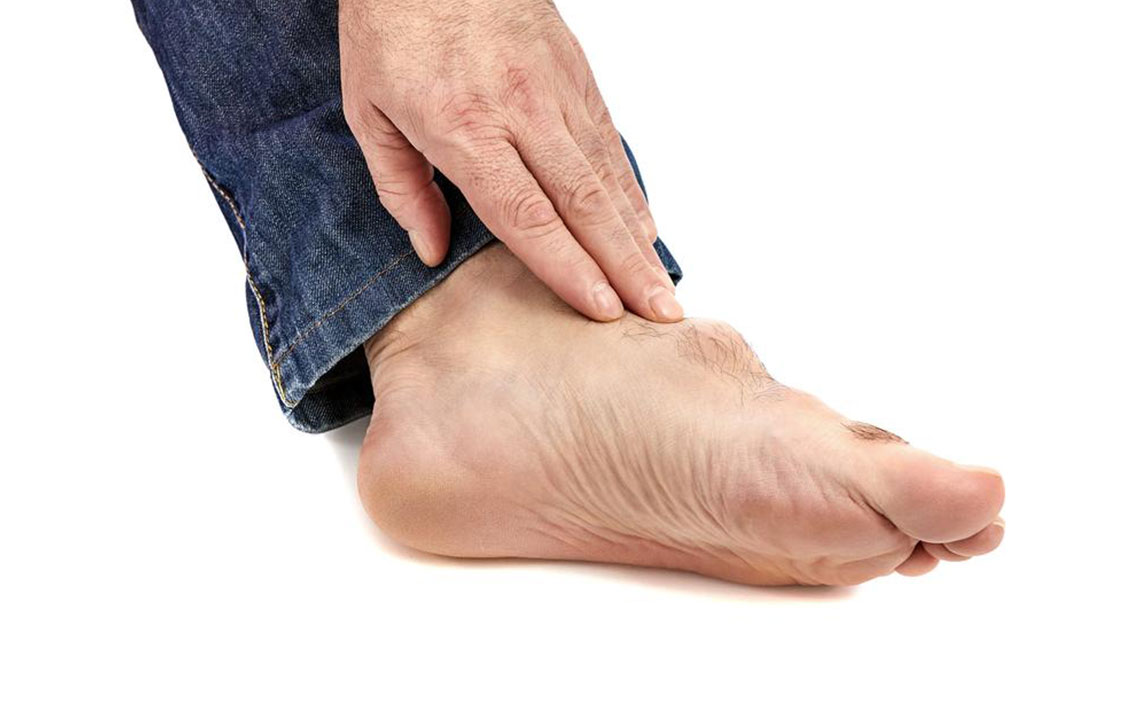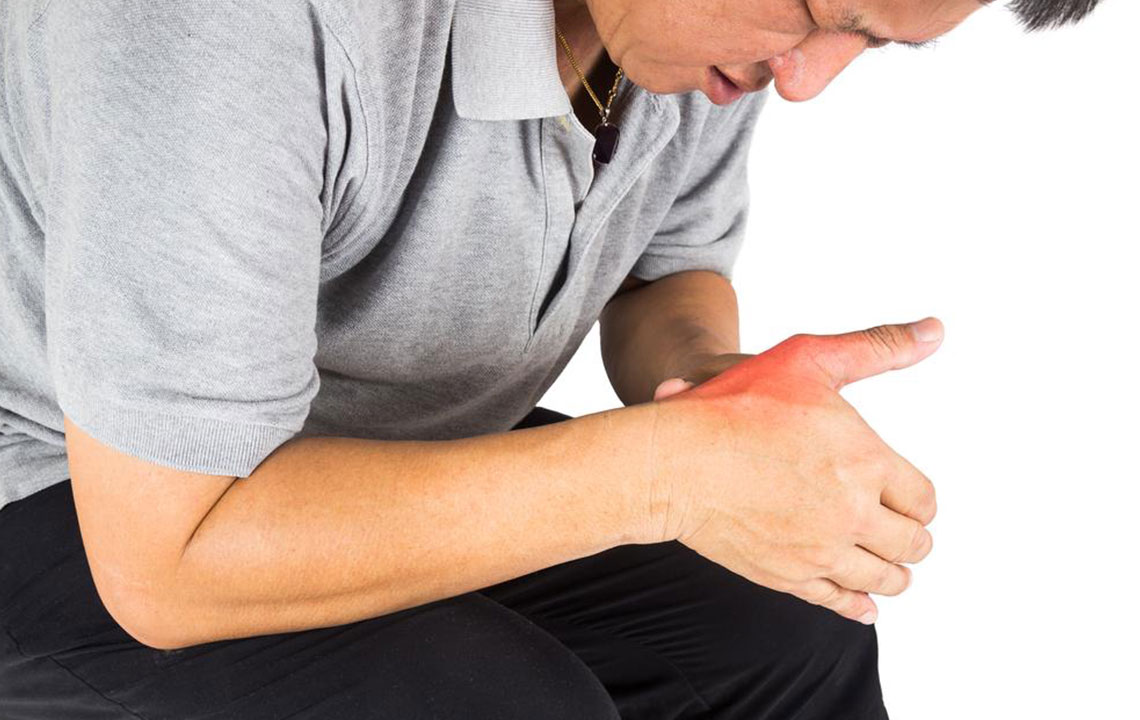Comprehensive Guide to Managing and Treating Gout Effectively
This comprehensive guide provides effective strategies to manage and treat gout, combining medication, lifestyle changes, and natural remedies. Learn to control flare-ups, prevent chronic progression, and improve joint health through proven techniques and home remedies, ensuring a better quality of life for those affected by gout.
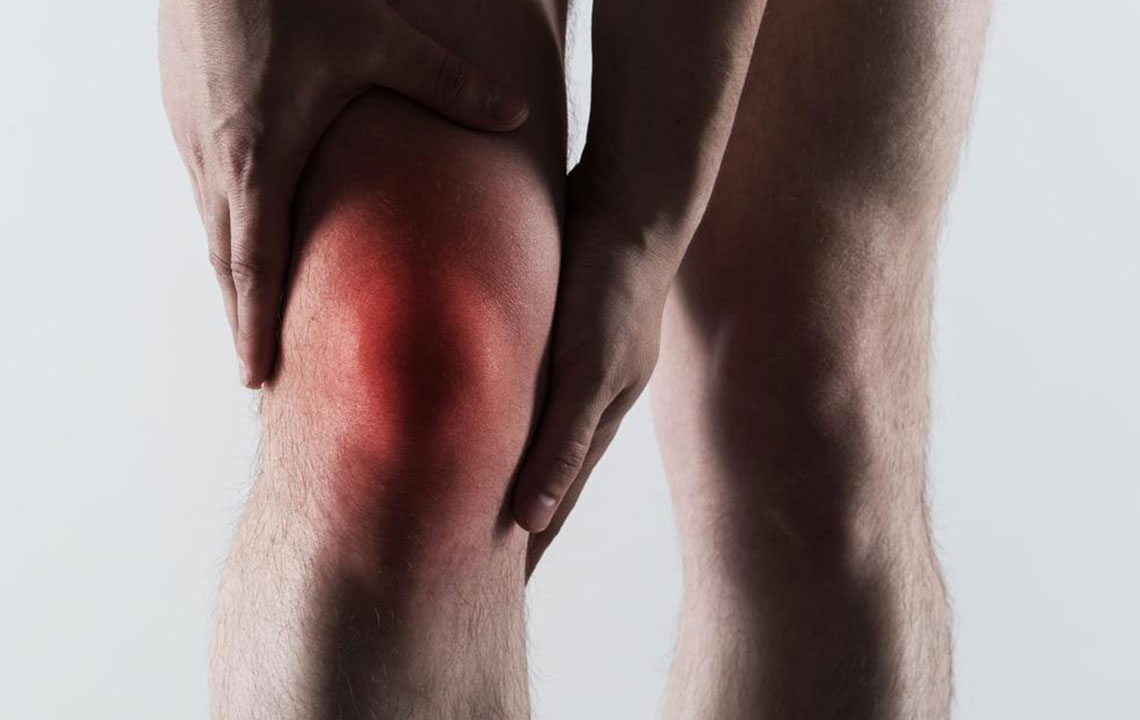
Comprehensive Strategies for Gout Management and Treatment
Gout is a complex form of arthritis that affects millions of people worldwide, characterized by sudden and intense joint pain, redness, swelling, and warmth. It typically affects the big toe but can also involve other joints such as ankles, knees, wrists, and fingers. Gout attacks can happen unexpectedly, often waking sufferers from sleep, and can last for hours or days if not promptly treated. Managing gout requires a multifaceted approach that includes medication, lifestyle changes, and natural remedies to reduce pain and prevent future episodes. This comprehensive guide explores effective strategies to control and treat gout, aiming to improve quality of life for those affected.
Understanding the Goals of Gout Treatment
The primary objectives in managing gout are to quickly alleviate acute pain, reduce inflammation, and prevent recurrent attacks. Equally important is preventing long-term joint damage and safeguarding kidney health, as chronic gout can lead to irreversible joint deformities and kidney stones. To achieve these goals, a combination of medical interventions, dietary modifications, and natural remedies are employed, tailored to the severity of the condition and the individual's health status.
Effective gout management involves both immediate relief during flare-ups and long-term strategies to prevent recurrence. The approach varies depending on whether the condition is in its acute phase or has become a chronic issue requiring ongoing management. Both natural home remedies and pharmaceutical treatments play vital roles in controlling symptoms and addressing root causes.
Handling Acute Gout Attacks
During a gout attack, immediate measures are necessary to minimize discomfort and limit the progression of inflammation. Resting the affected joint is crucial to prevent aggravating the symptoms. Applying ice packs wrapped in a towel can help reduce swelling and calm inflammation, providing temporary pain relief. Over-the-counter Non-Steroidal Anti-Inflammatory Drugs (NSAIDs) like ibuprofen or naproxen are commonly used, but in severe cases, a doctor may prescribe corticosteroids or colchicine to manage symptoms effectively. Consulting a healthcare provider is essential to determine the appropriate medication and dosage, especially if you experience frequent or severe attacks.
Controlling Chronic Gout and Preventing Future Attacks
When gout becomes a recurring or persistent problem, it enters a chronic phase that demands a sustained management strategy. Long-term control involves consistent use of medications such as uricosuric agents, xanthine oxidase inhibitors (e.g., allopurinol, febuxostat), and sometimes biologic therapies like Pegloticase. These drugs work by lowering uric acid levels in the blood, preventing crystal formation in joints and tissues. Lifestyle modifications are equally critical in chronic gout management. Patients are advised to limit alcohol intake, especially beer and spirits, as alcohol can interfere with uric acid excretion. Dietary restrictions on red meats, shellfish, and high-purine foods are recommended. Weight management through healthy eating and regular physical activity can significantly reduce attack frequency and severity.
In some rare cases, if joint damage is severe or other treatments are ineffective, surgical options such as joint decompression or removal of uric acid deposits may be considered. Ensuring adequate hydration and monitoring uric acid levels regularly helps in maintaining control over the condition.
Natural Home Remedies for Mild Gout Symptoms
For mild symptoms or early-stage gout, several natural remedies can serve as supplementary treatments to relieve pain and inflammation. Incorporating these options into daily routines may reduce reliance on medications and promote natural healing.
Ginger Root: Renowned for its potent anti-inflammatory properties, ginger can be used in various forms. Drinking ginger tea, adding fresh ginger to meals, or applying a ginger paste topically to the affected joint can provide soothing relief. A popular remedy involves mixing dried ginger powder with turmeric and fenugreek, then consuming the mixture with warm water twice daily to help reduce inflammation and uric acid levels.
Cherries: Cherries are rich in antioxidants and beneficial anthocyanins, which may help lower uric acid levels and prevent gout attacks. Consuming 15-20 fresh cherries daily or drinking black cherry juice with a clove of garlic can be effective. Including cherries as part of a balanced diet can also support overall joint health and reduce the frequency of flare-ups.
Apple Cider Vinegar: This home remedy is popular for its anti-inflammatory effects. Mixing one teaspoon of raw, unfiltered apple cider vinegar into a glass of water and drinking it three times daily can assist in reducing pain. The acidity of apple cider vinegar may help dissolve uric acid crystals, promoting better excretion.
Lemon Juice: Rich in vitamin C, lemon juice helps alkalize the body, which can aid in lowering uric acid levels. Combining fresh lemon juice with a pinch of baking soda creates an effective remedy that can be consumed daily. Incorporating citrus fruits into your diet boosts tissue repair and supports overall health.
Beyond these, other natural remedies include Epsom salt baths, garlic consumption, carom seeds, castor oil massages, and coriander. Regularly using these remedies may help ease symptoms naturally and promote overall joint health. Remember, while natural remedies can be beneficial, they should complement professional medical advice, especially if symptoms worsen or persist.
